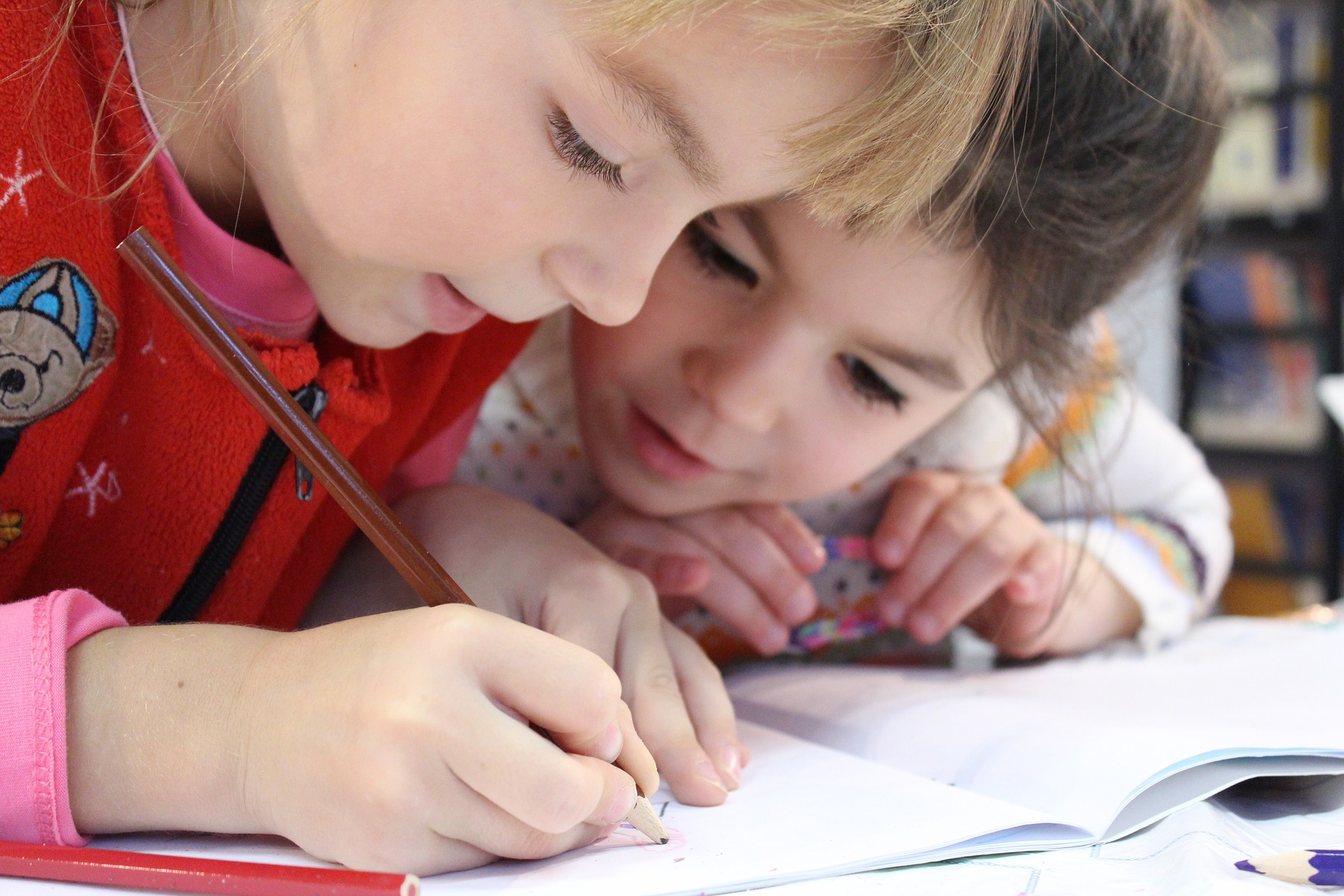I believe in learning.
Not as measured in diplomas, but learning as measured in intellectual adventure, physical training or creative practice.
Avoiding by Learning
I don’t care why you’re learning, as long as you are. Almost.
Sometimes, after completing a learning adventure, we sign right up for a new one. I see this often with coaching colleagues and students. No time has passed to integrate the learning in the brain, apply it to one’s life or find one’s own twist on it.
Learning becomes a way to avoid the bigger goal. Don’t do that!
There will always be something more to learn. Not knowing doesn’t make you less, but not maximizing your learning does.
Learning from the Negative
Some of my learning comes from fear. Alzheimer’s killed my mother, and it was heartbreaking to watch her fade as the disease took hold. As a family member, I know I it’s more likely that Alzheimer’s might hit my brain too. So I learn, to keep my brain active, to create new neural pathways. I learn new languages – Italian, Swedish, Portuguese – taking my brain through at least one lesson every day.
When we have missteps, we learn about pitfalls that were off our radar, or we learn more effective strategies. When others treat us poorly, we can learn how to be assertive.
While the trigger is a negative, the key is the choice to learn rather than repeating the same experience.
Because I’m Curious, That’s Why
I am impressed by history buffs. I am not one, but when I see the gusto with which they delve into people, places and things from the past, it blows my mind. The curiosity is so intense.
Sometimes we learn because it’s just something we care about, something we heard about, and we want to know everything about it. It’s perfect, and no one else needs to have any clue why the topic interests you. It’s your thing. Go down that rabbit hole and learn about it.
Necessary Learning
Sometimes you don’t get to choose what to learn. Lessons to learn in school or new skills to master quickly for work. It’s not sexy like the other kinds. Purely pragmatic. And it’s still learning.
Here’s the thing: you do get to choose how you experience the learning. So you can see it as shackles dragging you in the wrong direction, or you can reframe it in a way that works for you.
When I was promoted to my first substantial marketing role, I had no formal marketing training. Every day there was a new piece of my job to learn. I could have defined this as losing pace while running as fast as I could, but there was a different choice. Engage with the learning. Appreciate the wealth of allies and teachers around me. Learn not only the basics but how I can add my touch to create impact.
The funny thing is, often this new learning pays off. A future class becomes easier. Or we become more marketable for our next job. Or we’re able to help a friend out. What I learned during that marketing job was invaluable, and I use those skills and concepts often.
Accidental Learning
Sometimes I learn from serendipity. I went to an event called Creative Mornings a few years ago, and the speaker was a leader from a film making school for young women. I learned at least two things that morning. I had not known how suffocating the pressure to succeed was for young women, how the fear of failure holds many back from even trying what they are clearly capable of. And I had learned that I had something of a passion for failure. Specifically, a respect for failure’s purpose and a passionate dislike of failure as a fetish or tech bro badge of honor. Only a few months later, I had articulated my take on these concepts in a keynote speech at a big conference. I never planned that learning, but I embraced it when it found me.
Learning To Optimize
Almost all of us learn something every day, whether we acknowledge it or not. We might learn that apples have gone on sale at the grocery store. Or that rain is predicted for tonight. Or that there is, somehow, yet another way fellow drivers can make bad decisions. We’re learning, and most of it is unconscious.
The key is to be intentional. It gets us where we want to go faster.
Notice what happens. Evaluate where we are and what’s needed next. Then choose to learn.
I didn’t understand what that person said? My conversational Spanish mustn’t be good enough yet. How can I take steps to get better?
Wow, we prepared so hard for that competition and didn’t get the result we wanted. What were the key factors, and how can we reset and grow for next time?
It’s not always easy. It often doesn’t take a straight line path. Teachers are rarely waiting in the next room to answer all our questions. We actually have to do some work. Exceptional results require an exceptional, resourceful effort.
The Next Chapter
What has this year taught you? And what do you want to learn from it?
What learning experience could change your life?
How can you support someone else in learning something extraordinary?

